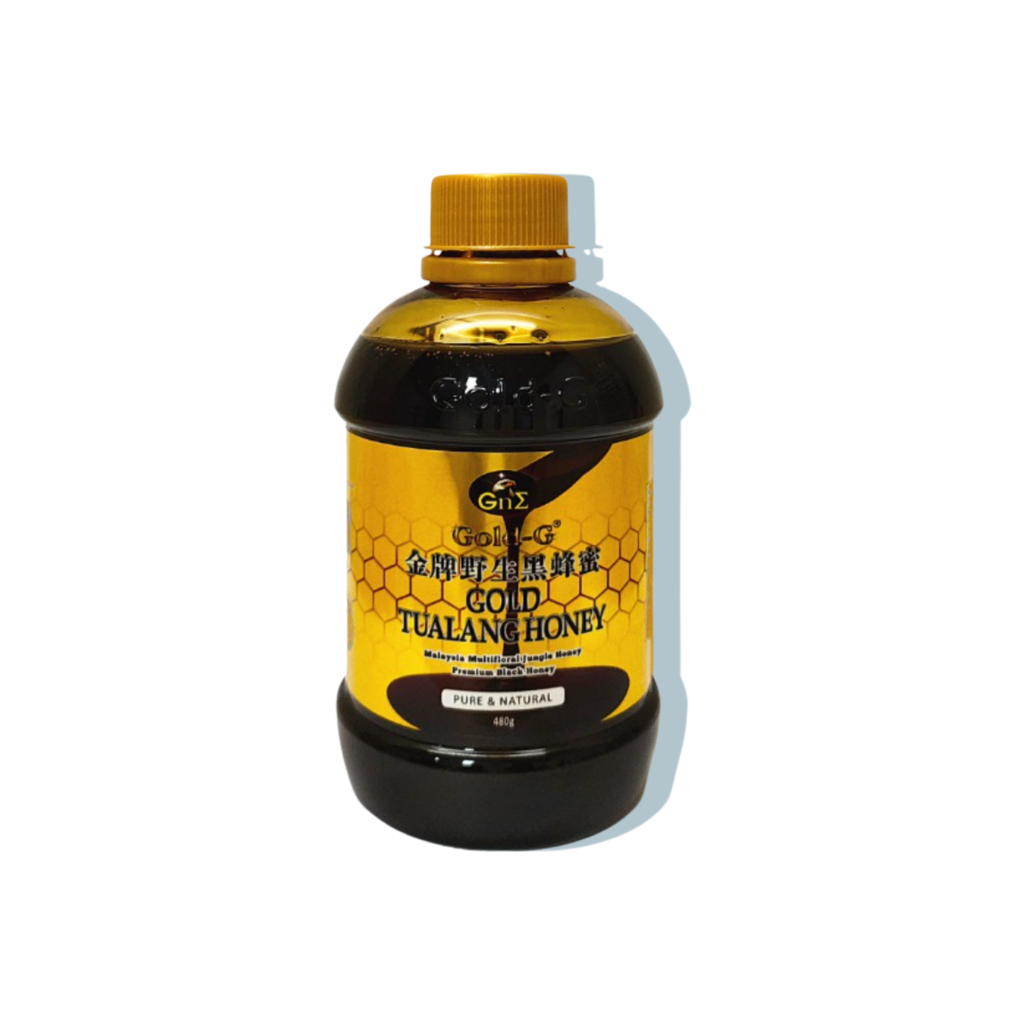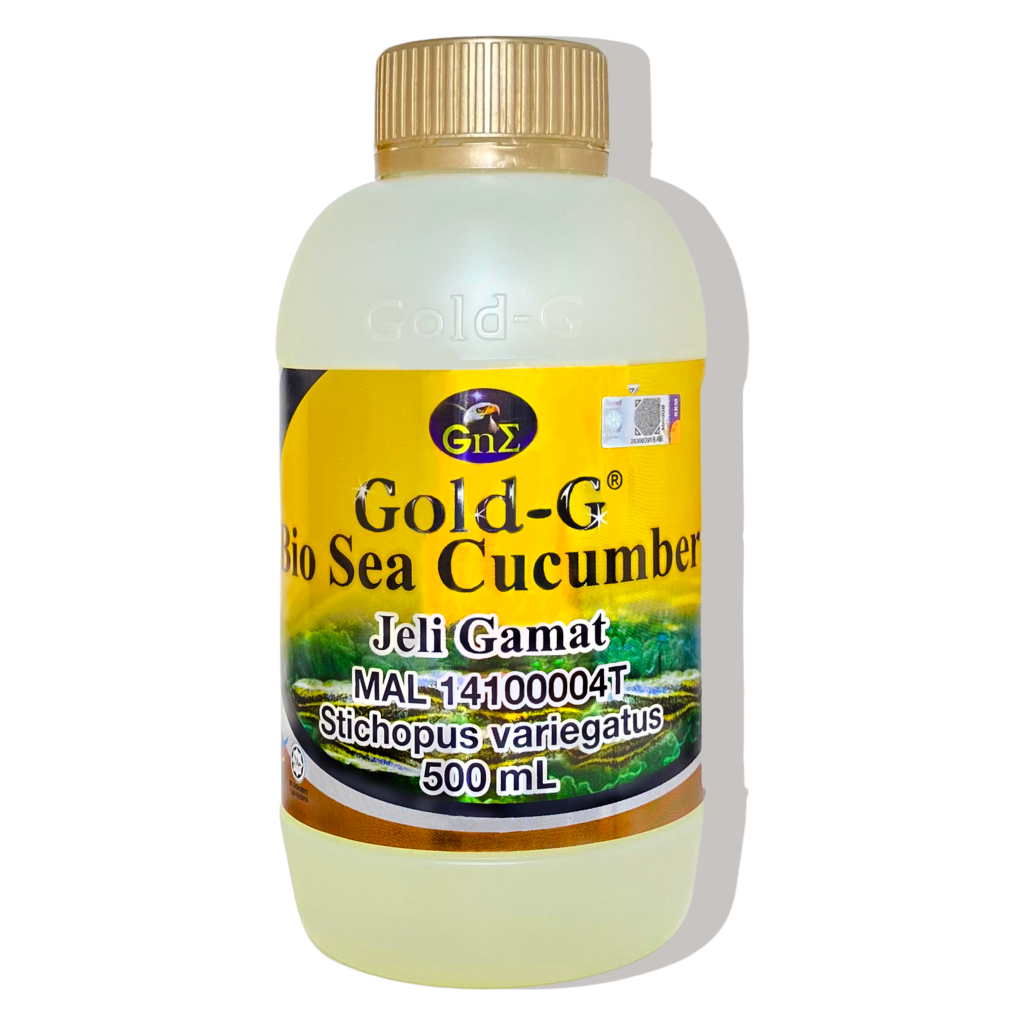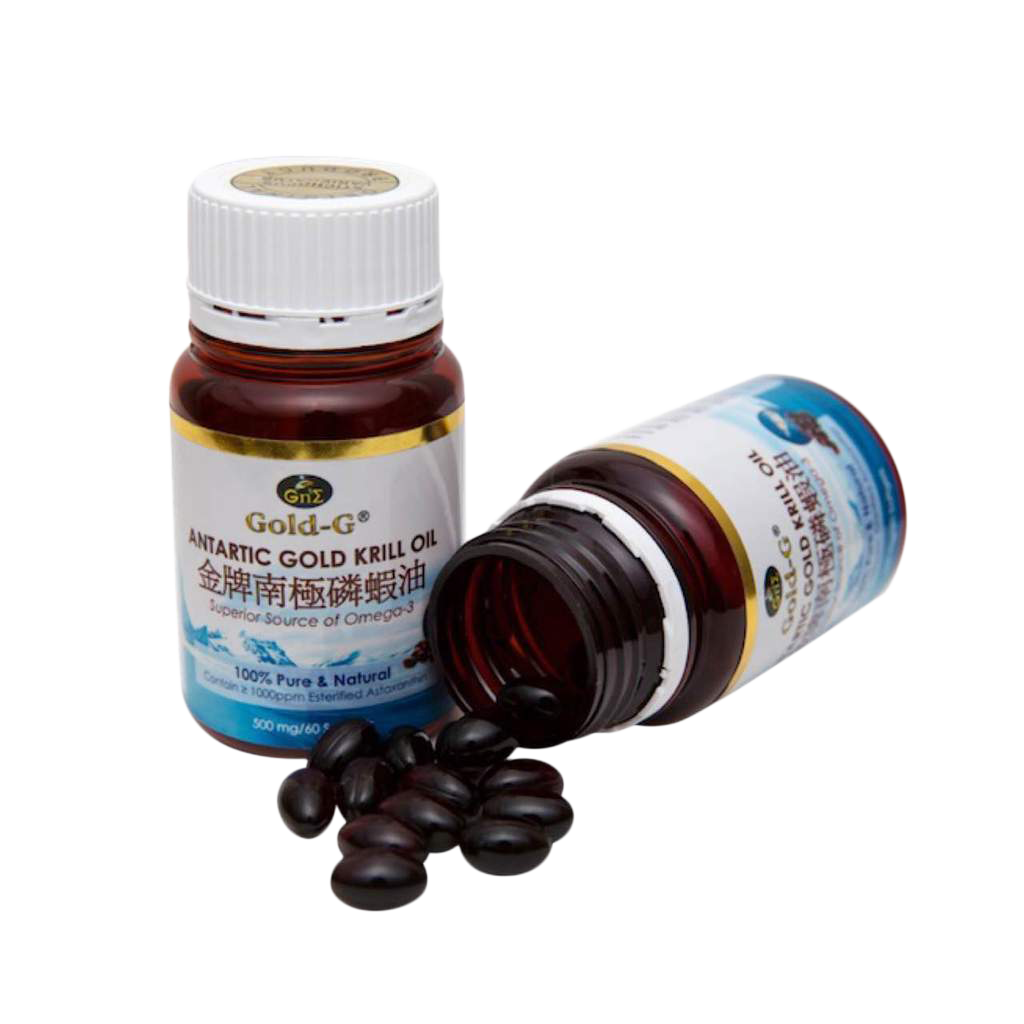Cardiovascular disease is also known as heart and blood vessels disease or heart disease. It included several conditions related to heart, arteries and blood vessels, and often involves narrowed or blocked blood vessels which restrict blood circulation. Cardiovascular disease is one of the leading causes of death in United State; while atherosclerosis, heart attack, and stroke are the most common cardiovascular disease.
Atherosclerosis
Atherosclerosis is a specific type of arteriosclerosis, which is the hardening of artery wall. It is a condition when plaque build-up on the wall of artery, it will harden and narrowed the blood vessels, and restrict blood flow. The plaque is composed of fat, cholesterol, calcium and other substances in the blood. Overtime, when the plaque ruptured, it will trigger blood clot formation, eventually block the blood vessels and causing heart attack or stroke. Besides, when there is damage or injury on the artery wall, blood cells and other substances will clump to the affected area, also might form a plaque which will lead to atherosclerosis. However, atherosclerosis is a condition that affects blood vessels, so it is not only affects the heart, but the organs or tissues connected to the narrowed or blocked blood vessels will also be affected.
Signs and symptoms
The signs and symptoms of atherosclerosis are depending on the affected area and severity of the condition. Some people never aware their condition until the sudden breakout causing heart attack or stroke. Visit doctor for early diagnosis and treatment when you have chest pain, or pain and numbness on arms and legs, which possibly occur due to inadequate blood flow or poor blood circulation.
Risk factors
- Family history: People who have family member(s) diagnosed with heart disease might have higher risk of developing atherosclerosis.
- Low physical activity level: Inactivity will lead to overweight or obesity, and worsen other risk factors.
- Unhealthy diet: High intake of saturated fat, trans-fat, cholesterol, sugar and salt from diet may increase fats composition in the body, increase risk of atherosclerosis and other diseases.
- Obesity: People who have obesity have a higher risk of developing atherosclerosis.
- Smoking: Smoking will cause damage to blood vessels, increase blood pressure and blood cholesterol level.
- High blood pressure: High blood pressure may damage the blood vessels or causing injuries on artery wall, increase risk of plaque formation and lead to atherosclerosis.
- High amount of fats and cholesterols in blood: High blood cholesterol, especially LDL (low-density lipoprotein), can cause damage and build-up of plaque on artery wall, which lead to atherosclerosis.
- High blood sugar due to diabetes or insulin resistant: The excess glucose (sugar) in the blood may cause damage to the blood vessels, increase risk of plaque formation and lead to atherosclerosis.
Prevention and management of Atherosclerosis
- Healthy diet: Consuming a healthy balance diet, which is eat more vegetables, fruits, and whole grains; Consider a healthy meal, filled your plate with ½ of the plate is vegetables, ¼ of the plate is your protein source (egg, lean meat, or tofu), ¼ of the plate is carbs (brown rice, wheat noodles, sweet potato, and etc.); avoid adding extra sauces to your meal (mayonnaise, tomato sauce, soy sauce and etc.), you may consider using herbs and spices (ginger, mint, curcumin and etc.). Also, avoid foods high in saturated fat, trans-fat, cholesterol, salt (sodium), sugar and refined grains. A healthy diet can help to control blood pressure, cholesterol, and glucose level too.
- Regular exercise: A regular exercise able to improve blood circulation, reduce blood pressure and lose weight effectively. Exercises such as walking, jogging, cycling, or swimming can be carry out for 30-60 minutes per day and do for at least 3 times per week. Besides, you can also increase your daily activities with several simple steps, such as climbing stairs instead of taking lift, walk to your colleague rather than calling through the phone, or walk to pantry to drink some water/take a break after sitting in front of the computer for hours.
- Quit smoking: Smoking is one of risk factors for chronic diseases development. The cigarette and tobacco products contain several toxic substances; nicotine and carbon monoxide are especially toxic to heart and blood vessels. Hence, quit smoking is necessary for diseases prevention and maintenance of health.
- Maintain healthy weight: Overweight and obesity has been found to increase risk of cardiovascular disease. So, maintain the body weight in healthy weight range is important. BMI (body mass index) is an indicator of weight range, which is calculated using weight (kg) divided by square of height (m2). For Asian, BMI value range from 18.5 to 22.9 is considered normal weight range; BMI value range from 23 to 27.4 is considered overweight; BMI value more than 27.5 is considered obesity; while BMI value less than 18.5 is underweight.
- Supplements: Supplement is another option for those who are not able to consume enough nutrients from their diet, such as vegetarian, people who are allergic to certain foods, or those with poor digestive system. However, if you are taking medications to control your condition, it is better to ask your doctor/pharmacist/health consultant for advices before consuming any supplements. Supplements that may beneficial to cardiovascular health may include vitamin C, Coenzyme Q10, Omega-3 fatty acid, folic acid, and so on.
GNE Gold-G® Health Food Series
Gold-G® Bio Sea Cucumber
Consume Gold-G Bio Sea Cucumber frequently can maintain cardiovascular health as sea cucumber contains several pharmaceutical components with cardioprotective effect and help reduce the risk of developing atherosclerosis.
- Omega 3 & 6 can reduce blood viscosity, improve blood lipid composition, prevent blood clot and plaque formation, and maintain blood vessel elasticity.
- Mucopolysaccharide exhibits anti-thrombotic activity, and helps in preventing atherosclerosis.
- Saponin can reduce blood lipids and triglycerides, thus help in lowering blood cholesterol level.
- Sea cucumber polypeptide (gamma protein) helps in formation of new blood vessels, and increase blood and oxygen supply.
- Collagen helps to maintain the elasticity of blood vessels.
- Sulfated fucan exhibits anti-coagulation and anti-thrombotic activities, may help to reduce risk of atherosclerosis.
- Selenium is an important element for protection and restoration of heart function.
Precaution:
- This product contains animal part: Sea Cucumber.
- Stop taking Gold-G temporarily when you are experiencing cough with phlegm, diarrhea and soft stool.
- Please consult your pharmacist, doctor, or other healthcare providers about any other supplements / medications you are taking and other health problems.
Gold-G® Antarctic Gold Krill Oil
Krill oil is increasingly important source of omega-3 fatty acids specific for DHA and EPA, contained abundant of astaxanthin, and consisted of phospholipid which provide better bioavailability.
- Omega-3 fatty acids have strong anti-inflammatory property, which able to fight inflammation, protect and maintain healthy heart system. It may help to lower blood pressure, improve blood lipid profile, prevent blood clots, and maintain vascular elasticity.
- Astaxanthin is a strong antioxidant present in Antarctic krill oil. It can help to reduce inflammation and oxidation in the body, lower blood pressure, reduce blood lipid, improve blood circulation.

Gold-G® Gold Tualang Honey
Tualang honey is raw honey harvested from Malaysia’s tropical rainforest. It is 100% pure and natural without undergo any additional treatment, hence it retained natural friendly bacteria, propolis, pollen grains, phytonutrients, phenolic acids, and flavonoids. Besides natural taste and aroma, Tualang honey has higher nutritional value and stronger therapeutic effects than processed honey!
The flavonoids, phenolics and enzymes could provide anti-oxidation and free radical scavenging activities, which in turn improve the antioxidant enzyme levels in heart tissue, lower lipid peroxidation levels, and contribute to cardioprotective effects.
Click the link below for direct purchase.
This website does not provide medical advice. The content of this website, such as graphics, images, text and all other materials, is provided for reference and educational purposes only. The content is not meant to be complete or exhaustive or to apply to any specific individual’s medical condition. Always seek the advice of your doctor or other qualified health provider regarding a medical condition.






